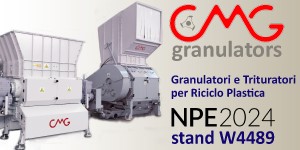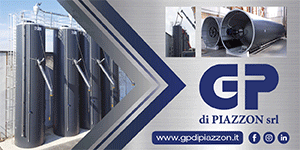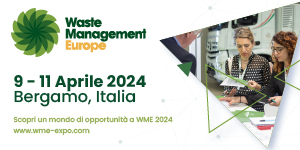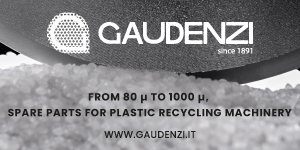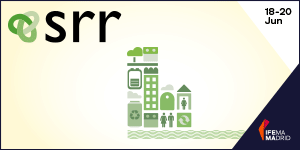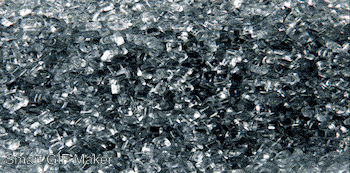Plastic and its disposal: only 16% of plastic waste is recycled
380 million tonnes of plastic are produced annually, with 60% ending up as waste. The analysis and disposal of this material is now more crucial than ever in the context of environmental sustainability, starting with the fact that it very often ends up in landfills and oceans.
Why?
Because the management and disposal of plastics are still poorly managed in most countries of the world today, despite the regulations in place: only 16% of plastic waste is brought back to life through recycling, while the remaining amount is incinerated or ends up in landfills, often in non-legal ways.
What problems for plastic disposal?
The representatives of Alfatest – www.alfatest.it – a company of excellence that offers analytical instrumentation for materials science and biosciences by offering, with Alfa- testLAB, a sample analysis service, talk about it:
“Plastic recycling consists of a series of operations through which waste materials are sorted and processed in order to be reutilised as a new raw material or directly transformed into new consumer products.

There are still many difficulties in this sector, and they are not only related to the technologies and methods used in the plastics processing phase: a fundamental part of the recycling process is in fact the collection and selection of the input material. In general, the more variable the composition of the materials to be recycled, the more difficult it will be to design the plants and select a universal reprocessing method’.
The analysis
The most correct way forward in this difficult context is certainly that of an improved plastic recycling process.

In this sense, the process of thermal analysis of plastics is fundamental, as they tell us at Alfatest, which exclusively distributes in Italy the Hitachi-High Tech thermal analysis instruments, a reference brand for the market, characterised by extreme robustness, sensitivity and accuracy, as well as analytical instruments for rheological, granulometric, density and other analysis:
“Thermal analysis techniques make it possible to determine the composition and thermal properties of plastic materials (melting, crystallisation, glass transition, thermal stability, etc.).
This information is crucial in the production control and quality control phase of the recycled material.
In particular, DSC and TGA analyses can be used to
– Identify the type of polymer on the basis of its melting point
– Determine the relative composition of polymer blends on the basis of the melting enthalpy of the individual components – Determine the filler content in the matrix and the thermal degradation temperature (fundamental parameter for establishing the operating conditions in the final extrusion phase of the recycled material)
– Determine the degree of crystallinity at the end of the recycling process (parameter influencing the mechanical strength, solubility and optical properties of plastic materials).”

Only thermal analysis?
“Thermal analysis techniques represent only one of several technologies available for input material selection and material characterisation at the end of the recycling process. Among the main techniques commonly used are density measurements, chemical analysis, spectrophotometric analysis (FT-IR and NIR), melt flow index measurements, rheological analysis and particle size analysis.”
www.alfatest.it






